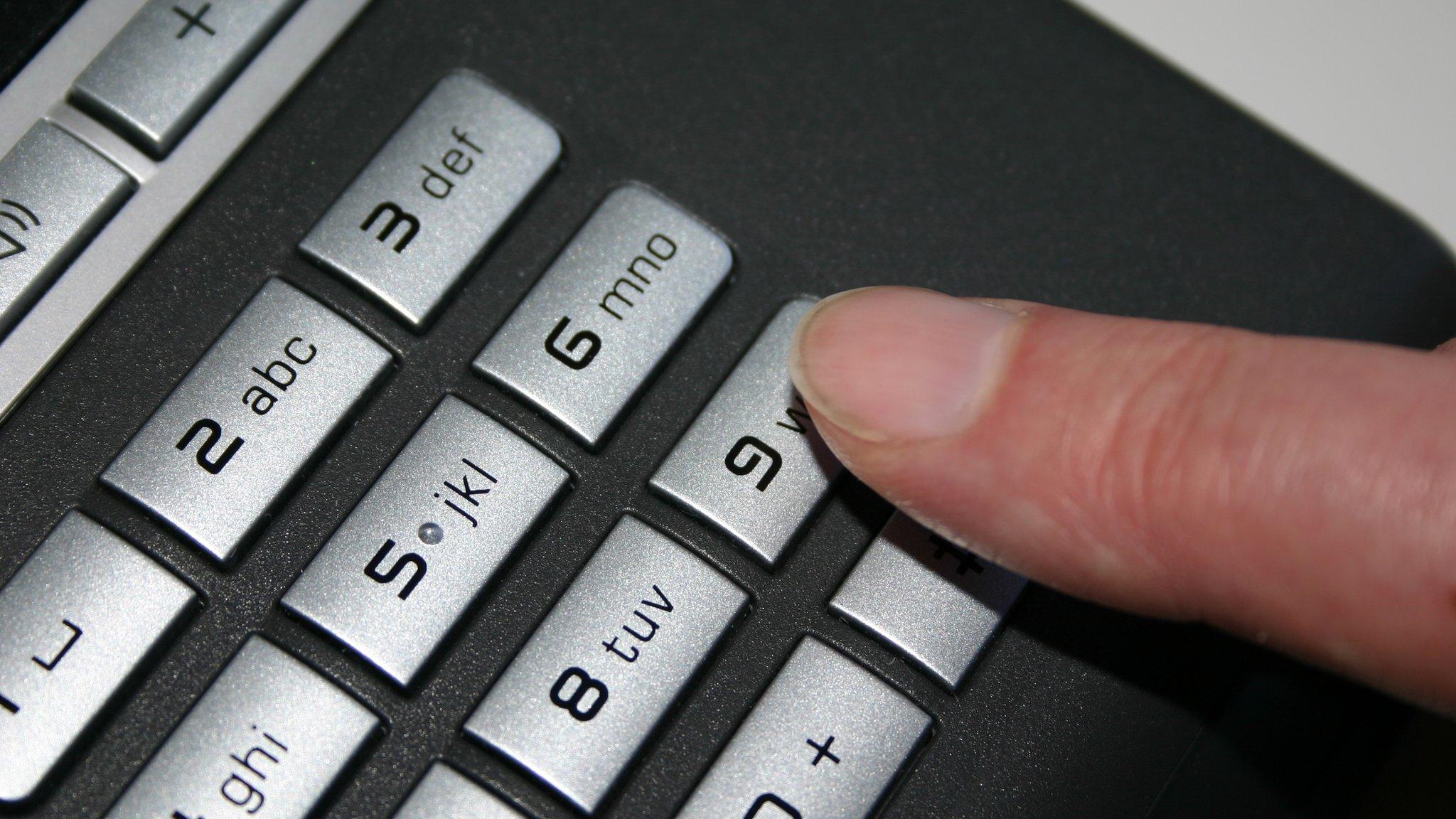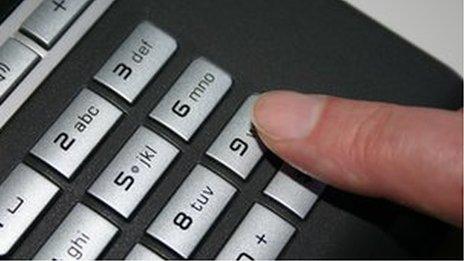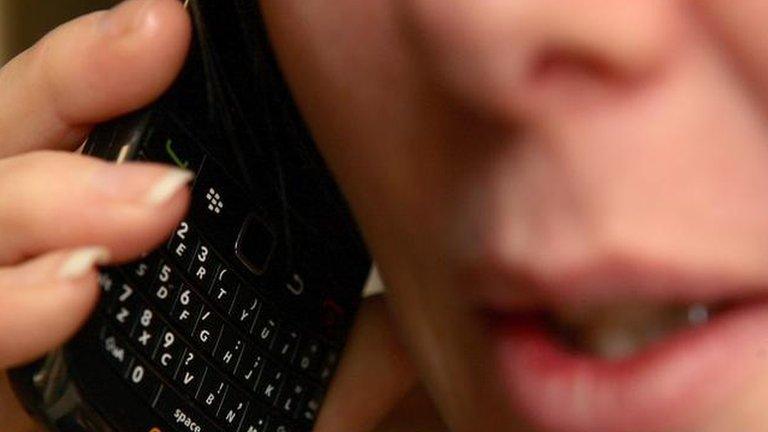Minister blames PPI claims for 'explosion' in nuisance calls
- Published

Householders find calls about PPI claims the most annoying, research has suggested
Claims against banks for mis-selling of PPI have led to an "inadvertent explosion" in nuisance calls in recent years, MPs have been told.
Communications minister Ed Vaizey said the public were rightly "frustrated" at the number of unsolicited calls.
Watchdogs are monitoring 60 of the most persistent offenders, including some household brand names, while fines of up to £2m can now be issued.
Mr Vaizey said there was no "magic solution" but action was being taken.
MPs on the cross-party Commons Media, Culture and Sport committee were told by the Information Commissioner and Ofcom that the number of complaints had spiralled in recent years.
Simon Entwistle, director of operations at the Information Commissioner Office, told the committee it had been alerted to the scale of the problem by the number of complaints made through the Telephone Preference Service - which allows people to block unsolicited calls.
'Household names'
The number of complaints through the ICO's own online reporting tool had peaked at 35,000 in March, he said, and although the figure had fallen to 13,000 in August - complaint levels were still higher than two years ago.
He told MPs he did not know the number of people affected, but said recipients were "irritated" and the regulator's priority was to make the culprits "behave better" and, if necessary, to penalise them under new powers in place since 2011.
"If they won't engage or don't improve, that is where we look at civil monetary penalties against an organisation."
A "more concerted" effort was needed by the government to tackle the problem, he suggested, including reducing the threshold for the level of consumer "distress" required to trigger an investigation.
But he said a large number of the calls were made by direct marketing companies selling goods and services - ranging from double glazing to fine wines - and the government had to consider the economic impact of any further crackdown.
'Persistent misuse'
Ofcom's Claudio Pollack said three companies had been fined a total £1.5m since new powers were introduced to punish the "persistent misuse" of telephony - including silent or abandoned calls - and the fines had served as a deterrent.
Telecoms operator TalkTalk was fined £750,000 in 2011 for making about 9,000 silent or abandoned calls to potential customers.
The regulator was targeting several "household brand names", Mr Pollack said, but it was a considerable challenge to trace many of the companies responsible so action could be taken - with the identity of 75% of callers not traceable from their phone numbers.
"The problem is that there are a lot of them and they are hiding their identity. It is all too easy to hide your identity."
Conservative MP Philip Davies said that despite a lot of "huffing and puffing" the watchdogs were "failing miserably" while other MPs said a single watchdog should be given responsibility.
'No magic solution'
Mr Vaizey said there was no "magic solution" to the problem and while many consumers had benefited from the action taken by firms pursuing Payment Protection Insurance (PPI) claims against banks, it had inadvertently "created an industry".
"There has been an explosion of nuisance calls over the last two or three years," he said.
The government had "raised the issue very much up the agenda" by encouraging the regulators to work more closely together, and he believed that fines for offenders, while proportionate, should be large enough to "hurt".
"They should not be set at a level where companies think they can absorb them as part of their business model".
He said he was happy to call the chief executive of any firm accused of nuisance calls to discuss the issue with them.
- Published17 May 2013

- Published18 April 2013

- Published19 March 2013
